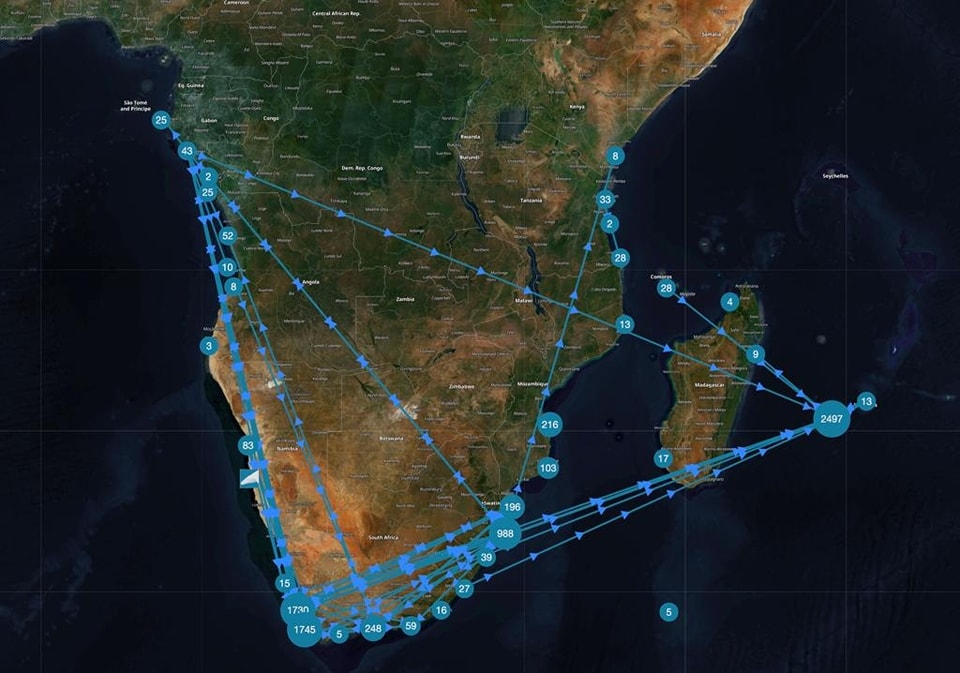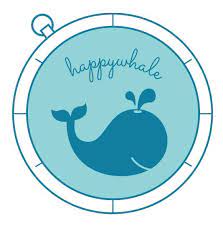The IndoCet Consortium and the HappyWhale online platform for automatic comparison of humpback whale fluke photos have entered into a partnership to enable IndoCet members to use Happywhale's artificial intelligence software to compare their photo-identification data.
One of the Consortium's priority actions is to study the structure and abundance of humpback whale populations on a regional scale in the southwestern Indian Ocean. The structure of a population can be studied using many techniques, including natural markers (photo-identification and genetics) and satellite monitoring. These techniques provide information on connectivity between breeding and feeding sites, and have proven to be powerful tools for abundance estimates. Extensive databases have been created and updated in the region over the last 10 years, particularly with regard to photo-identification catalogs, but few inter-regional comparisons have been carried out.
One of the biggest challenges in comparing these humpback whale caudal catalogs is the amount of data, especially since they belong to different agencies and are located throughout the SWOI. Consortium members believe that the best way to make these comparisons is to develop and use the same online comparison platform.
Given the effectiveness of the artificial intelligence tool and the effective reach of HappyWhale, IndoCet and HappyWhale have decided to establish an advanced collaboration with the overall objective of conducting a regional assessment of connectivity between sub-stocks in the south-west Indian Ocean and, more broadly, with other breeding stocks in the southern hemisphere (in particular stocks and sub-stocks in West Africa, Brazil and Australia).
Ultimately, the data will be used to produce estimates of population abundance and exchange rates, which will be relevant to the IWC's forthcoming in-depth assessment of Southern Hemisphere humpback whales.
To date, several researchers, conservation organizations and citizen science networks in the region have submitted their fin images to HappyWhale. The matches obtained are already astonishing, with multiple recaptures between substocks (Reunion-South Africa, Tanzania-South Africa, Tanzania-Madagascar and Kenya-Madagascar) and some long-distance recaptures between ocean basins: between Reunion and Eastern and Western Australia, using Globice data; between Kenya and Eastern Australia; between Tanzania and Colombia, and between South America and Brazil).


The IndoCet Consortium invites researchers and organizations working in African substocks to contribute to this initiative by uploading photo-identification images of humpback whales (fluke) to the HappyWhale platform.